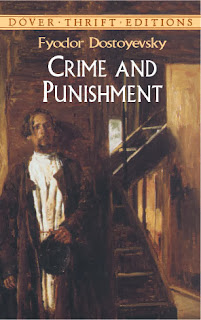This is a second post
about the list of a hundred best novels selected by a literary critique Clement
K. Shorter in 1898. I’m not familiar with the next five books on it and only know
one of the authors, Robert Louis Stevenson. I haven’t read the book chosen from
him, The Master of Ballantrae (1889). Modern readers remember him by Treasure
Island (1883) or The Strange Case of Dr Jekyl and Mr Hyde (1886), though as a
short story, the latter probably wouldn’t make on similar lists.
I haven’t read the
books, but since I’m probably not alone in this, I’ll mention them anyway. The
books may not be interesting, but the author of the book number 99 definitely
is. Reuben Sachs (1889) was written by Amy Levy, of whom Wikipedia mentions her
feminist positions, engagement with homosexual romance, and suicide by inhaling
carbon monoxide. Clement K. Shorter must have been more open-minded than the
men of his time in general to include her. That, or he truly liked her book that
was “concerned with Jewish identity and mores in the
England of her time”.
Black but Comely was a
1879 novel by a Scottish novelist G. J. Whyte-Melville. He was a productive writer
of historical novels, none of which have interested modern audience so much that
they would have made a mention of them in Wikipedia. Equally forgotten is P.G.
Hamerton, an English artist and art critic who wrote two novels. Shoreter has
chosen Marmone, which Hamerton published as Adolphus Segrave in 1877.
The first translated
book on the list is Fromont Junior and Risler Senior. It was written by a
French author Alphonse Daudet in 1874, and it was translated into English in
1894. It was the novel that made Daudet famous and he was hailed as a great
author already in his lifetime so it’s presence on the list isn’t surprising.
After five unknown
books, the sixth is more familiar: Crime and Punishment by Fyodor Dostoyevsky
(1868, first English translation 1885). Not that I have read it either, but it’s
one of those books I feel I ought to read. I’ve tried, even.
I went through a
Russian classics phase at seventeen and waded through a couple of easier ones.
I started to read Crime and Punishment a couple of times too, but I never
managed more than tenth of it before giving up. Mostly because I was hopelessly
lost with all the characters.
Perhaps I ought to
give it another try. Of the hundred books on the list, counting from the
bottom, it is the first one that has retained its value to our days. As you’ll
see later, there aren’t many of those on Shorter’s list. But more on that next
week.

No comments:
Post a Comment